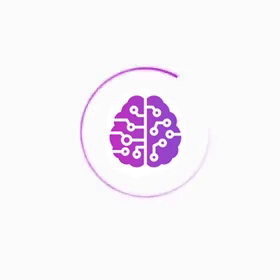
The AI Revolution Reaches Journalism
In 2025, artificial intelligence has become deeply integrated into newsroom operations worldwide. From drafting headlines to analyzing data sets and assisting in investigative reporting, AI tools are transforming how journalists work.
Efficiency Meets Ethical Concerns
AI allows newsrooms to automate repetitive tasks, enabling journalists to focus on in-depth reporting. However, concerns rise about potential misinformation, AI-generated inaccuracies, and the erosion of editorial accountability.
The Need for Transparency
Experts argue that transparency is essential. Readers should know when AI contributes to content creation. Without clear disclosure, trust in media organizations may erode as audiences question the authenticity of information.
Education Must Adapt
Traditional writing and research skills alone may no longer suffice. Journalism schools are being urged to incorporate AI literacy, teaching students how to responsibly use, supervise, and fact-check AI-generated content.
The Academic Divide on AI in Writing
Scholars remain divided. Some praise AI’s ability to democratize content creation and boost efficiency; others worry it may diminish critical thinking, originality, and human creativity in journalism.
AI as a Research Assistant
Beyond writing, AI supports journalists in analyzing massive data leaks, cross-referencing facts, identifying patterns, and flagging inconsistencies—enhancing investigative depth.
Collaborative Human-AI Journalism
Many industry leaders advocate for a hybrid approach, where AI assists but does not replace human editorial judgment. Human oversight remains crucial to uphold journalistic integrity.
The Regulatory Landscape Evolves
As AI use grows, so do calls for regulation. Authorities and watchdog organizations stress the need for guidelines that ensure responsible AI deployment in media while preserving freedom of the press.
Conclusion: Trust at the Core of AI Journalism
As AI reshapes journalism, transparency, education, and ethics must remain central. Responsible integration can enhance the profession — but mishandling could jeopardize public trust.
